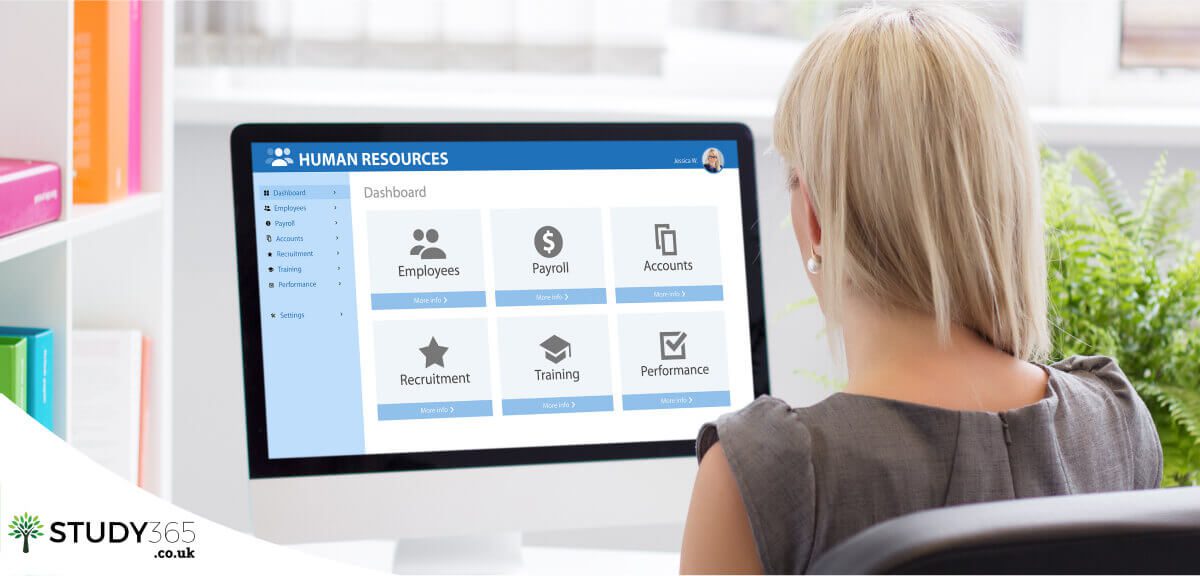Secret methods for managing and processing HR & payroll

Human resources and payroll (HR & payroll) comprise a crucial component of any functioning business, as this is what manages a company’s employees, processes their pay-checks and ensures that their salaries are paid on time. Being able to conduct this in an effective and efficient manner has shown to boost employee morale and has a direct impact on a company’s financial reputation and financial stability. This article takes a look at why HR & payroll are extremely important for any company and also what measures can be enforced in terms of payroll management.
HR & payroll – Why are they important for every company?
There are many reasons as to why HR & payroll are arguably a company’s most important functions. A few of them have been listed below:
Determines compensation: A company’s payroll is a good indication of what each employee’s value is – in terms of compensation. This includes their monthly salary as well as other payables such as any bonuses, benefits and increments.
Build better relationships with employees: Ultimately, most employees come to work to get paid and to be rewarded for their work. As such, having a good HR and payroll system in place is sure to boost employee morale and will motivate them to put in more effort into their work.
Maintains company reputation: Every company is expected to possess the ability to pay employees on time, as well as meet tax obligations. Failing to do so will affect the image of the company as it will make the company seem less stable – which may in turn affect its ability to attract the right pool of talent for the company.

Tips on how to manage your company’s HR & payroll effectively
Maintain a payroll calendar:
Having a payroll calendar is a great tool that will help you plan, execute and communicate payroll tasks, such as deciding when employees will be paid and ensuring they are informed, in order to avoid confusion. Most payroll systems already have a calendar tool built into the system but you can also maintain a simple one on a spreadsheet.
Provide training to HR staff:
It is a good idea to provide your company’s entire HR team including staff who are not actively involved with this function, a deeper understanding of payroll and its procedures. Doing so provides a number of benefits, including improved collaboration within the team, a reduction of manual work and redundant tasks, as well as conflict prevention.
Stay up-to-date on the latest tax procedures:
Being aware of the latest changes to tax regulations and obligations is extremely important and is considered to be the responsibility of the employer. When changes do occur, the relevant information needs to be updated on the company’s system accordingly, so that it reflects the new requirements.
Standardise your turnover processes:
Staff turnover can be difficult to manage in terms of payroll, but having a proper process in place can help eliminate any complications and negative effects. You may want to implement a buddy system, where each member on the payroll team is trained to do another person’s task, so that the workload and responsibility is shared. Also consider internal promotions as opposed to opting for new hires, reducing the learning curve that is involved.
Automate your payroll process:
This is extremely important as it can make the functioning of your entire business more efficient – saving massive amounts of time and money. Automation reduces the need for a large HR and payroll team and is the best way to tackle repetitive and time-consuming tasks.
Distribute payroll duties among staff:
You could also divide payroll tasks among your team, instead of entrusting the entire task to one or two individuals. This can help reduce stress for your dedicated payroll staff, as well as enable better handling of deadlines and volume, with better accuracy.
Ensure your payroll process is transparent:
When companies lack transparency in their pay policies or payroll system, problems tend to arise due to employee misunderstandings. To avoid this, make sure you communicate how your payroll process works, how employees are graded and classified, how salaries are calculated as well as the procedure for promotions and increments.
Have adequate documentation:
Documentation is an important step of your HR and payroll process. Having a manual helps you better understand what process works best for your company and also ensures that your payroll staff have a clear understanding of what exactly their role is. It can also include instructions on what steps to take during an emergency in order to help mitigate risk.
Use employee tracking software:
When tracking employee attendance, accuracy is very important as mistakes could lead to problems with employees. Using time tracking software and scheduling systems help improve accuracy drastically – as human errors are eliminated – while also saving time and freeing up resources.
Audit your payroll process:
Ensure periodical audits are conducted in order to reduce complaints, as well as discrepancy risks – especially if your company is operating a manual payroll system. A good audit should include verification and reconciliation of the accounting to ensure that figures always add up.
Hire qualified staff:
HR and payroll are important tasks and it is best handled by experienced employees who possess the skills required to take on the required tasks. Companies cannot afford to make careless mistakes during payroll computation, as this could reflect very badly on the company’s image.
Listen to employee feedback regarding your payroll procedures:
Feedback is a great way to gauge whether your current processes are working for your company and also helps you identify potential problems and areas that you can improve on. Feedback can be gathered via a staff meeting or by means of a payroll survey that helps determine how satisfied your employees are.
How can you get an HR & payroll job?
Payroll manager jobs are in high demand and can be a great choice for those considering a career in the human resource sector. Not only do they offer excellent remuneration in terms of pay, they also provide great opportunities to advance and progress in your career, while enhancing your skillset.
In terms of requirements, most payroll manager jobs look for experience and individuals who have successfully completed an HR management course. If you are wondering which HR management course you should opt for, you may want to consider the ‘HR and Payroll Management for the UK’ course offered by Study365.
Click the link below for course details and more information:



Thanks for this post, I really found this very helpful. And blog about “Advantages of Online HR and Payroll Training Courses” is very useful.